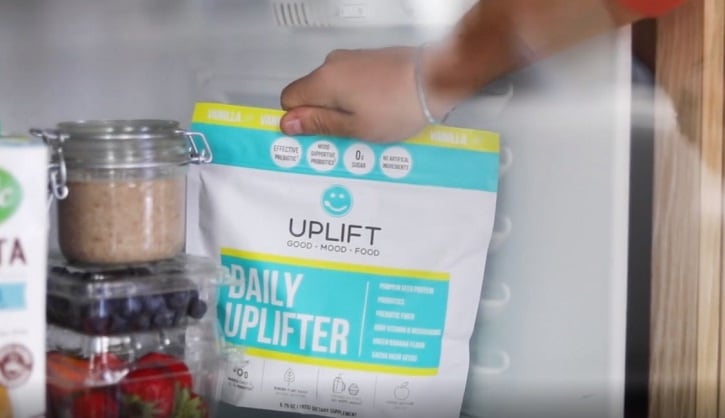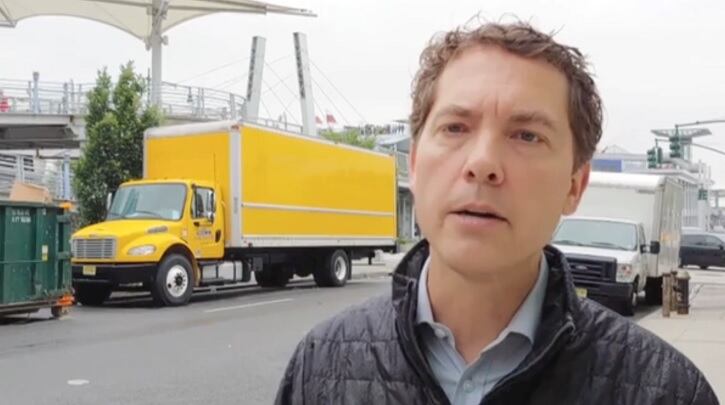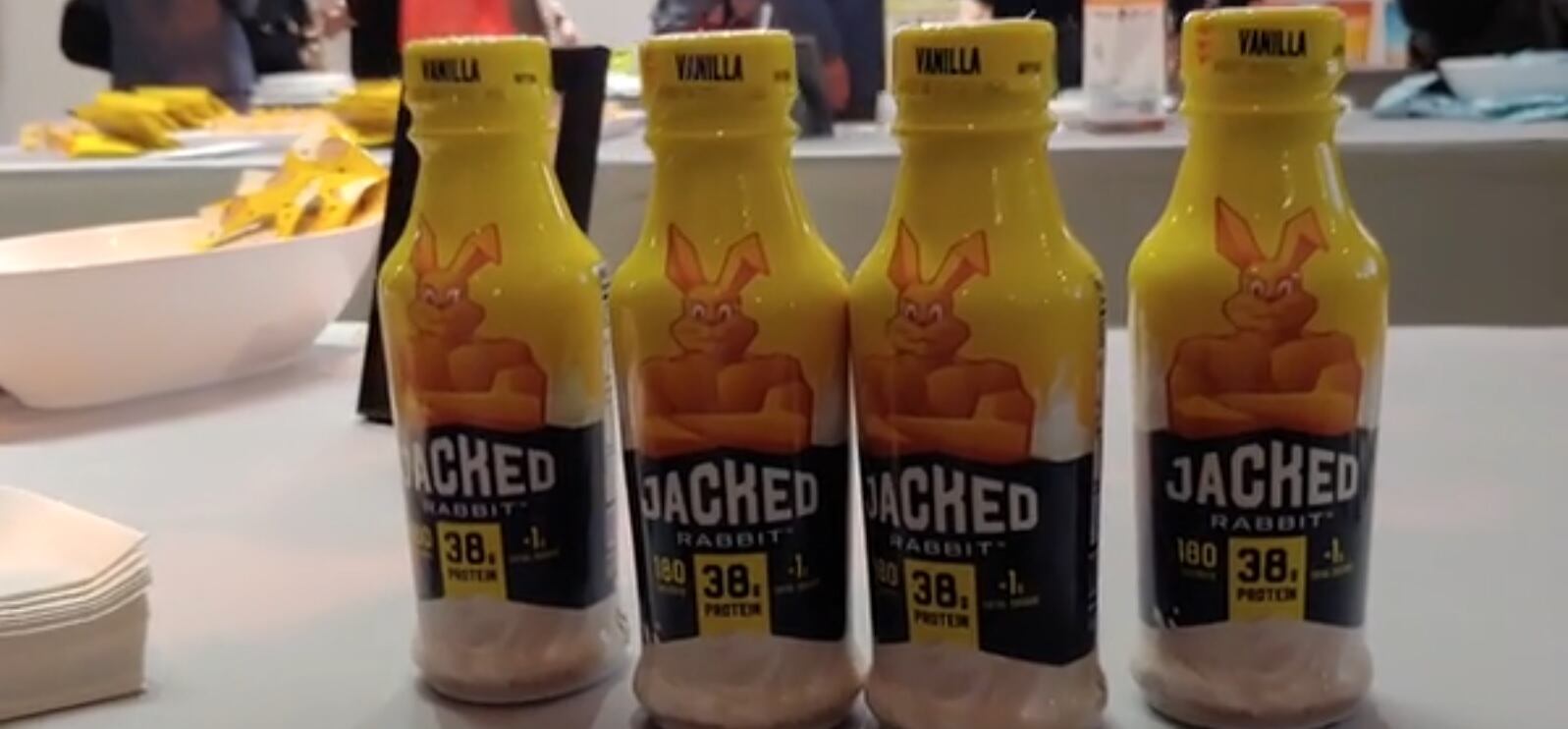Karen Nation, who founded Creation Nation in 2014 as a way to empower people to make fresh, no-bake and customizable protein bars and bites, explained that when she selected her first co-packer she made a few rookie mistakes that had negative consequences, but she says she also learned several lessons that helped her recently find a new co-packer that is a better fit.
The first lesson she says she learned is that it is important to work with a co-packer who views the arrangement more as a partnership and, therefore, is more willing to allow an entrepreneur to be a part of the process.
“Nobody is going to care about your brand as much as you do, and you can’t just kind of leave it and expect it is going to be done right, because unfortunately, as much as that should be the case, it is just not. So finding someone who is really willing to have a lot of communication with you and let you be a part of that process is important,” she said.
Nation also noted that for a startup with inconsistent or small orders, signing on with the biggest co-packer around might not be the best idea – even if its resume is impressive.
“One choice that we made was to go with a really large copacker that has an amazing resume, that works with amazing really big brands, and unfortunately we were not treated that well there,” she said.
This is a common refrain among startups whose orders might be bumped for larger invoices or whose products might be rushed with less attention to detail in order to clear the line for a more prominent company.
After a few production rounds in which the product was not blended or measured accurately or the seal was not as tidy as Nation would like, she said she decided to find a new co-packer with which she could have a more open dialogue about her expectations.
“It does take a long time to get set up somewhere, so [moving] can be a challenge, but it is important to make sure that your with somebody that can really present your product in the best way,” she said.
Sign a contract
One of the lessons that Nation said she learned while working with her first co-packer and choosing her second is that having a contract is key for protecting the brand and ensuring that all parties understand what is expected of them.
“A lot of co-packers don’t like to work with contracts, so … find what that definitely does, and make sure you have a great attorney on board that can work through those manufacturing agreements with you,” she advised.
This includes any proprietary information that a startup wants protected as well as clarification about confidentiality, she said.
Find a specialist
Nation also recommends entrepreneurs look for co-packers that specialize in the products they want to make, and a great way to find them is through recommendations from trusted sources.
“Every product is different and not every co-packer deals with every type of product, so whether you are a dry mix or a wet blend or a cooked product or a frozen product … find somebody who kind of specializes in what you are doing,” she said.
To do this, entrepreneurs need to consider whether the co-packer has all the necessary equipment to produce their product, but also manage their packaging, labeling and packing. Likewise, entrepreneurs should consider how efficient the co-packer is. So how many products can they make per line, run and speed?
Asking suppliers that you trust is a good way to make that connection, she said, noting that suppliers have a vested interest in your success – plus they know from other clients which co-packers are good and which ones are not.
Be present for quality assurance
Even if a co-packer checks all the boxes and has a strong reputation for delivering on promises and maintaining top quality control, entrepreneurs should still be at facility when their products are made – at least the first few times. This way they can better manage quality assurance.
“It is a big investment to go through that process to make sure somebody is property set up for your product,” which is why Nation said she chose her second co-packer based in part of on location so that she could easily visit.
Ultimately, it is important that entrepreneurs know that a co-packer might be a business partner, but it is not a coach. Therefore, Nation says, managing a co-packer is a hands-on obligation that will go more smoothly if a startup has done its homework before signing a contract – this includes knowing industry jargon, understanding your needs and the co-packer’s capabilities, finalizing the recipe and ingredients for scale and knowing what you will need and when from the co-packer.



